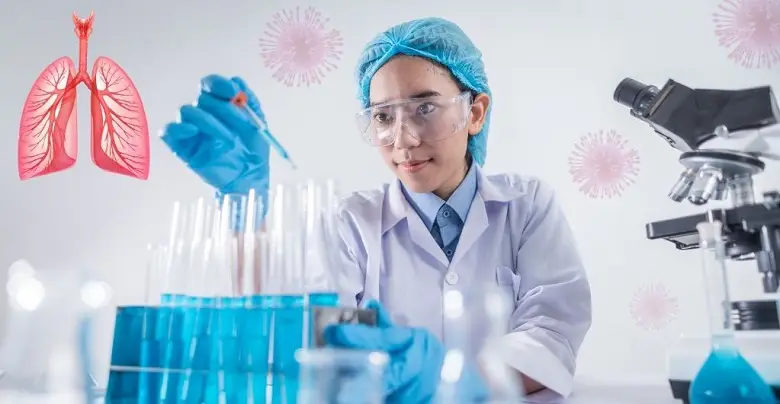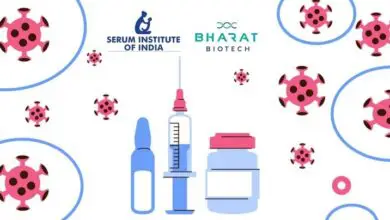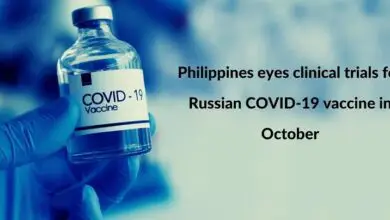COVID Researchers Can Now See How COVID Spreads in Lung Cells

Scientists have hit a new milestone in COVID research: We now know what molecular activities occur in infected lung cells. Scientists designed exclusive experimental models of the activities at the onset of the COVID infection and believe that further experimentation will pave the way for vaccine development.
Elke Muhlberger, a Virologist and co-author of the research study from Boston University (BU), stated the study aimed to examine the virus’s behavior during the initial stage of lung infection. The results were alarming: The virus hijacks and damages cells in the first 60 minutes. On the other hand, the Ebola virus does not affect the cell as quickly; not even in the initial stages of the infection and surprisingly not even in the later stages. In COVID’s case, the virus completely takes over cells and multiples their genetic system—without multiplying itself. Simply put, it modifies the infected cells’ metabolic processes; the infections successfully destroy the nuclear membranes at the onset of the infection.
The virus gains access to the nucleus by breaking open the nuclear membranes and manipulating the genetic system. Our lung cells—responsible for respiratory function—can not stand the attack and eventually die. This activity leads to inflammation, which fires a series of biological activities that kill more lung cells. According to the research, this activity accelerates deadly conditions like Pneumonia and other respiratory dysfunctions, ultimately leading to more acute respiratory complications.



